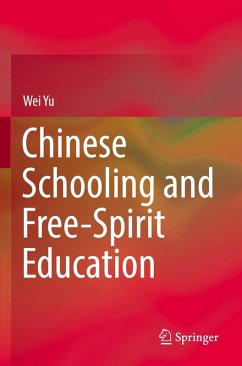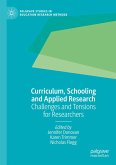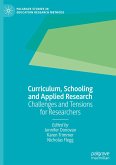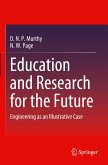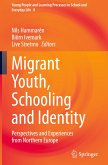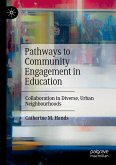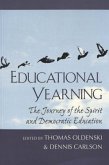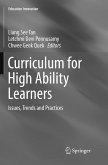Reaching deep into the wealth of Chinese philosophical wisdom, this book offers rich insights into a way of educating that has found staunch advocates among educators through the ages. The 'free-spirit education', which calls on educators to respect and nurture the natural goodness of each child, affords an educational principle that is embedded in one of the most important Confucian classics: The Doctrine of the Mean. This book analyzes the meaning, history, principles, and educational application of 'free-spirit education' and also explores its contemporary development in the context of a school improvement initiative. It introduces the intellectual origins of 'free-spirit education', the application in 'process-based inductive teaching' and cases from the field. It presents the collection of pedagogical cases that are rooted in the traditions of Chinese philosophic inquiry and viewed through the lens of contemporary pedagogy for human development. This book is a useful reference for university faculty, educational researchers, school teachers and leaders, graduate and undergraduate students in curriculum studies and in philosophy, social science, and education, curriculum developers, and all those educators who are interested in understanding 'free-spirit education'-a key component of the humanistic traditions of Chinese education.
Bitte wählen Sie Ihr Anliegen aus.
Rechnungen
Retourenschein anfordern
Bestellstatus
Storno

